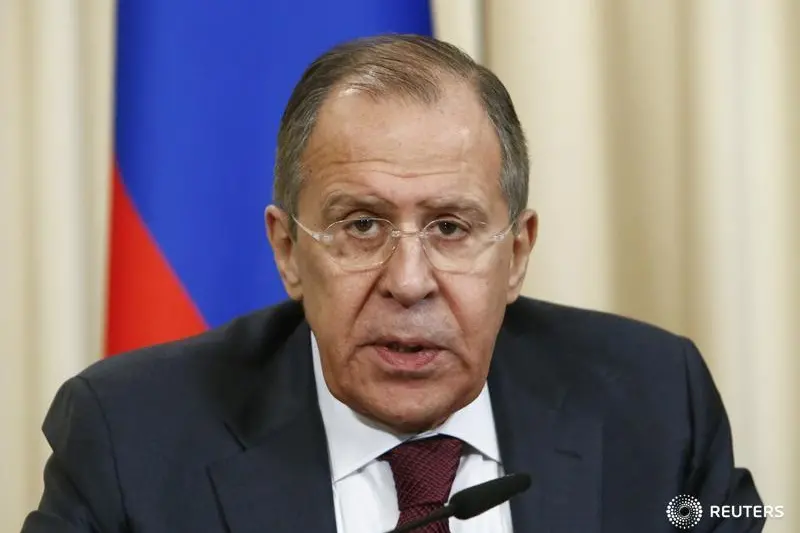PHOTO
RIYADH: US President Donald Trump plans to push back on Iran and ensure its compliance with the nuclear deal, Saudi Foreign Minister Adel Al-Jubeir said at a press conference, citing statements by senior American officials.
The Kingdom will work closely with its allies, particularly the US, to ensure Iran respects international law, Al-Jubeir added.
Saudi Arabia and the US agree on the need to eliminate Daesh and Al-Qaeda, and to deal with Iran’s regional meddling and promotion of terrorism in Yemen, Iraq, Syria and Afghanistan, he said.
“We have seen Iran’s record of aggression increase not decrease” since the nuclear pact, Al-Jubeir said, citing the country’s support for “terrorism” and efforts to destabilise other countries.
“Saudi Arabia agrees with the US administration’s view in relation to the role of the United States in the world and in relation to uprooting terrorism,” he added, referring to Daesh and Al-Qaeda.
A Saudi-US Summit will be held Saturday, followed by a Gulf-US Summit and an Islamic-US Summit Sunday.
The summits will be held during Trump’s visit to the Kingdom, the first country he will visit as president.
The visit will have historic significance, said Al-Jubeir, as Trump is set to meet with the leaders of Saudi Arabia, other Gulf states, and Arab and Islamic countries during his time in the Kingdom.
Trump’s visit to Saudi Arabia this weekend will reinforce the partnership between Riyadh and Washington and boost their joint fight against Islamist militants, the foreign minister said.
The visit “will bolster the strategic partnership” between the US and Saudi Arabia, and open a new chapter in mutually beneficial cooperation between the Islamic world and the West, he said.
The two countries agree on the need to face regional problems, including in Syria, Yemen and Iraq, Al-Jubeir said, adding that Riyadh and Washington were discussing several “initiatives” related to arms sales, economic and security cooperation and tackling terrorism.
“Several agreements will be signed, whether political agreements... and big economic agreements,” he said.
He said relations started in the 1930s when US oil companies discovered oil in Saudi Arabia, and developed a military aspect in the 1950s, going from strength to strength ever since despite regional challenges over the decades such as radicalism, the Soviet threat and Iraq’s invasion of Kuwait.
Saudi Arabia has more students studying in the US than in any other country in the world.
On counterterrorism, in 2010 the Kingdom helped foil terrorist bombings on US soil, and in 2011 the FBI prevented an assassination attempt on the Saudi ambassador.
“We share a very, very large amount of intelligence with the United States and vice versa,” Al-Jubeir said.
“We have had no hesitation about doing so, and we will not have any hesitation about continuing to do so.”
In 2016, bilateral trade reached $35 billion.
© Arab News 2017





















